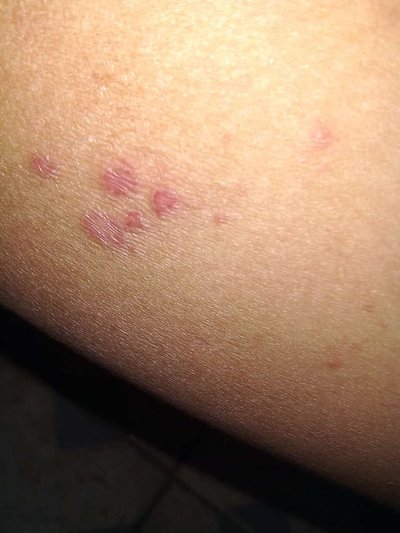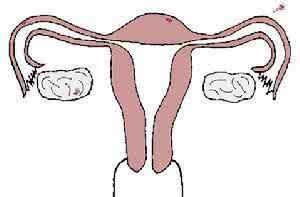How is hereditary nephritis treated?
summary
Hereditary glomerulonephritis (Alport syndrome, as) is a hereditary glomerular basement membrane disease characterized by hematuria, progressive renal dysfunction, sensorineural hearing loss and ocular abnormalities. It is caused by the mutation of collagen IV gene, the main collagen component of glomerular basement membrane. How is hereditary nephritis treated? Next, I'd like to share my views with you.
How is hereditary nephritis treated?
First: drug intervention in recent years, it has been reported that cyclosporine and angiotensin converting enzyme inhibitors have positive effects on reducing urinary protein and delaying the progression of renal disease to end-stage renal disease in patients with Alport syndrome. Aldosterone receptor blockers and angiotensin receptor antagonists can reduce urinary protein in patients with Alport syndrome. However, due to the lack of sufficient evidence-based medicine, the curative effect of these studies is still inconclusive.
Second: renal replacement therapy, for patients with Alport syndrome progressing to end-stage renal disease, dialysis or renal transplantation is feasible. Kidney transplantation is an effective treatment for this disease. However, it is reported that about 3-5% of Alport syndrome patients who received kidney transplantation produce antibodies to the normal glomerular basement membrane of the transplanted kidney, and then develop anti glomerular basement membrane nephritis, which leads to the failure of transplantation. In addition, the authors reported that anti glomerular basement membrane glomerulonephritis could occur again after transplantation because of the occurrence of anti glomerular basement membrane glomerulonephritis after transplantation, and in the case of transplantation failure, anti glomerular basement membrane glomerulonephritis could still occur again after transplantation.
Third: gene therapy. Although the mutated genes of various genotypes of Alport syndrome have been identified in recent years, and some results have been achieved in gene therapy of animal models of Alport syndrome, there are still a series of problems in gene therapy, such as low efficiency of gene transfection, ways of target gene introduction, selection of time and opportunity of introduction, survival time in vivo, and so on The safety of vectors and the regulation of target genes are not well resolved. Therefore, it is still a long time for gene therapy of Alport syndrome to be used in clinic.
matters needing attention
1. Rest properly and avoid strenuous exercise. But when the condition is stable, appropriate exercise is necessary. 2. Attention should be paid to avoid infection, fatigue and pregnancy, and nephrotoxic drugs should be banned to prevent the occurrence of the disease. In case of chronic renal insufficiency, it should be treated according to the principle of chronic renal insufficiency.

















